The takeaway coffee cup is back in full force. Packaged fruit and veg is undergoing a resurgence. And single-use face masks and gloves are littering Britain’s streets and shorelines. It would be easy to despair at just how damaging Covid-19 has been to the war against single-use plastic.
So it’s a welcome bit of news that packaging platform Loop has launched in the UK today, having been initially delayed due to the virus. Running in partnership with Tesco, the pilot will give consumers the chance to buy their products in durable containers that are sent back for refilling.
Admittedly, refillable packaging may not sound like a great idea in the current climate. As Kantar data shows, sales of loose fruit and veg fell 6% last month, as shoppers carefully avoided items that may have already been touched. On the face of it, it doesn’t bode well for a system that relies on shoppers opting for containers that have been used multiple times, over new plastic ones.
Actually, it could be exactly the right time to launch such a platform. For starters, Loop is keen to stress that there are no safety concerns – each container is cleaned “to stringent health and safety standards” before they are refilled by suppliers.
More crucially, the scheme plays into the way consumers are feeling and shopping. Brits may be worried about Covid, but that doesn’t mean they are happily sacrificing the environment along the way. Globally, 55% of people have become ‘more concerned’ about the environment as a result of Covid-19, found a survey by Fmcg Gurus. So a safe, refillable option is likely to hold an even stronger appeal.
It’s also noteworthy that the Loop pilot is online. Persuading consumers to go back into stores to deposit their refillable containers would be a tough sell at this time. But the store element of the project, which will see Loop-listed products in reusable containers roll into Tesco branches, is only being introduced next year.
In the meantime, everything can be done without setting foot in a supermarket. Customers can order Loop products on the website and have them home delivered, then picked up by Loop on request or at the next delivery. At a time when online is accounting for a higher proportion of the grocery market than ever – 11.5% of sales according to Kantar and 13% according to Nielsen – this could prove a perfect fit.
In fact, the system could provide food for thought for the beleaguered deposit return scheme (DRS). It recently faced fresh criticism for being too reliant on stores, which could prove a problem if we’re still dealing with the pandemic by the time it comes into force. Granted, these objections did come from supermarkets, who have voiced consistent doubts over a DRS. But new suggestions for making it more Covid-friendly, including a QR code system that would enable consumers to recycle products at home, could be worth considering.
Because right now, if anything can marry both safety and sustainability, it’s a winner.







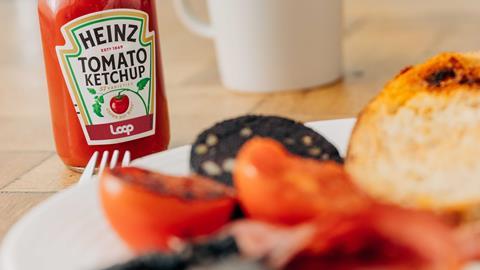
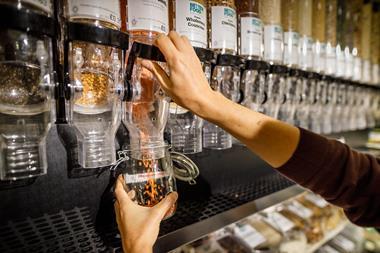
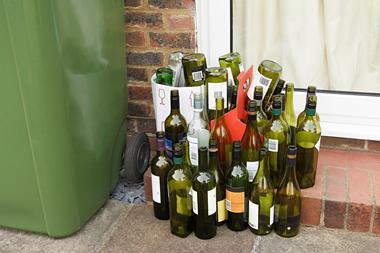
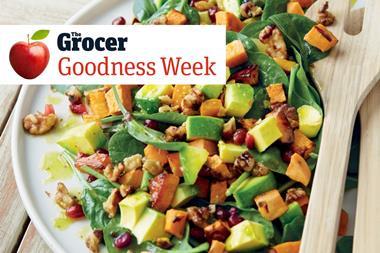



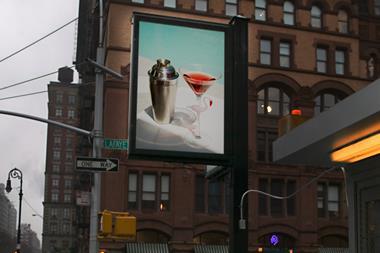





No comments yet